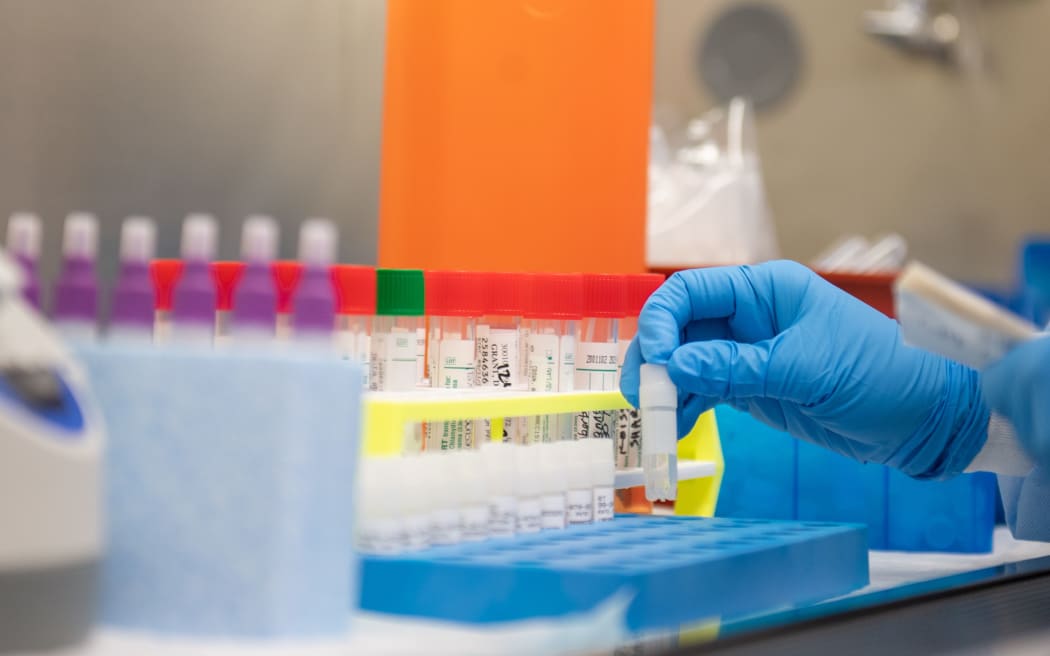The man who led New Zealand's response to the last global pandemic says buying time is critical to how the Covid-19 will impact on New Zealand.

Photo: AFP
Mark Jacobs was the director of public health during the 2009 swine flu epidemic in which 49 people in New Zealand died and more than 1100 were hospitalised.
Thousands more stayed away from work and school to keep the disease from spreading before it was accepted there was uncontained community transmission.
The pandemic plan used then is the basis of the health ministry's plan for the Covid-19 coronavirus.
But Dr Jacobs, who is now the World Health Organisation representative to Laos, said there were some key differences between swine flu and Covid-19.
That was party because swine flu was a type of influenza
Mark Jacobs was the director general of health during the 2009 swine flu epidemic in which 49 people in New Zealand died and more than 1100 were hospitalised.
Thousands more stayed away from work and school to keep the disease from spreading before it was accepted there was uncontained community transmission.
The pandemic plan used then is the basis of the health ministry's plan for the Covid-19 coronavirus.
But Dr Jacobs, who is now the World Health Organisation representative to Laos, said there were some key differences between swine flu and Covid-19.
That was party because swine flu was a type of influenza so it was possible to develop a new vaccine relatively quickly by tweaking the existing one, he said.
"We knew that if we were able to buy time by delaying the start of widespread transmission potentially we would be able to have a vaccine," he said.
"Whereas coronavirus...it's not likely we're going to get a vaccine very quickly - or certainly one that is available quickly."
Read more about the Covid-19 coronavirus:
- Coronavirus: health officials ramp up presence at airports as self-isolation begins
- Coronavirus: Answers to the top five questions
- Eight cases of Covid-19 coronavirus in New Zealand confirmed
- Self isolation - your questions answered
- Touching your Face: Why do we do it and how to stop
- Scientific hand-washing advice to avoid infection
- More Covid-19 news
On the upside, coronavirus did seem to be a bit easier to contain than influenza so if authorities acted fast, it could be kept in clusters for longer, he said.
Slowing its arrival and its spread, as New Zealand was doing now, was crucial.
- If you have symptoms of the coronavirus, call the NZ Covid-19 Healthline on 0800 358 5453 (+64 9 358 5453 for international SIMs)
No country would be able to easily manage a big pandemic, Dr Jacobs said.
"In terms of the impact of the health system - the over capacity of intensive care, the number of beds they have in hospitals, the number of staff they have, their resources more broadly - it's always stressful."
That becomes particularly challenging in less well resources countries, like many in the Pacific, he said.
There would always be lessons learned once the outbreak was over but in the meantime governments had to do everything they could to be ready and to respond as quickly as possible, he said


